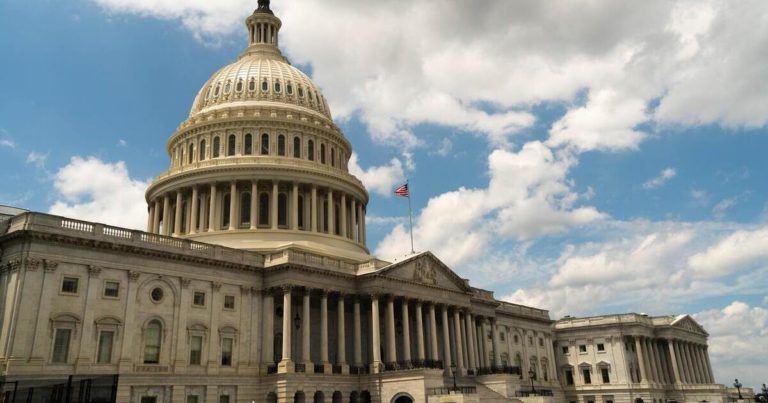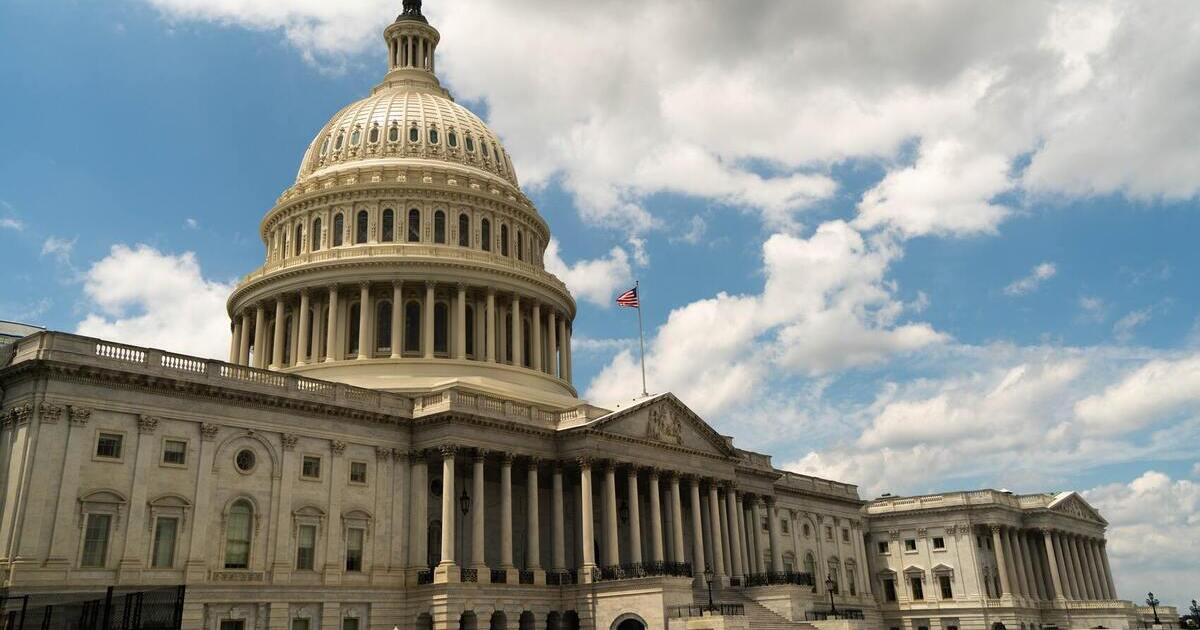After more than a year of trying to pass the Build Back Better Act, which includes much of President Biden’s domestic policy agenda, Congress passed a slimmer version, referred to as the Inflation Reduction Act, passed using the budget reconciliation process.
The bill primarily focuses on two health policies:
- Reducing prescription drug prices.
- Extending expanded access to premium subsidies for Affordable Care Act (ACA) health plans.
Reducing Drug Prices: The bill allows Medicare to negotiate directly with pharmaceutical companies on the price of prescription medication for Medicare beneficiaries, along with other drug-related regulations.
The new policy instructs HHS to identify ten drugs or biologics to be subject to price bargaining, with price limitations taking effect in 2026, followed by another possible 10 drugs to be added by 2029. Products subject to the negotiation policy must have no generic alternative. The bill would also penalize pharmaceutical companies for raising the price of medication covered by Medicare faster than inflation. We do not anticipate any drugs commonly prescribed by allergists will be subject to the first round of price bargaining.
A broader version of this policy was included in the original Build Back Better Act. It would have applied to a larger number of products and would have had the negotiated price available for everyone, as opposed to only Medicare beneficiaries.
Additional measures within the legislation include free vaccines for Medicare patients, as well as instituting a maximum annual out-of-pocket of $2,000 for medication for Medicare beneficiaries.
The Democratic lawmakers supporting the legislation noted that a small number of medications is responsible for a disproportionately large share of Medicare Part D spending and argued that the proposed price caps would result in significant savings for the federal government as well as Medicare beneficiaries. They also claim that ending what they perceive to be price monopolies that pharmaceutical companies have established on 15- to- 20-year-old-drugs would force an increase in innovation in drug and biologic development.
Pharmaceutical representatives have opposed the bill, arguing that any price-capping structures will limit the resources they have to research and develop new medications. The bill also does not address the impact of the ‘middle-man’ pharmacy benefit managers (PBMs) which may add additional costs.
Extend ACA Subsidies: In addition to the prescription drug price reduction, the bill extends and expands the ACA premium assistance subsidies that will hopefully keep our patients out of the “donut hole.” The ACA originally capped eligibility for premium assistance at 400% of the federal poverty level (FPL). The American Rescue Plan Act (ARPA) of 2021 made ACA premium assistance subsidies available to more consumers by temporarily eliminating the income eligibility cap for plan years 2021 and 2022. This temporary expansion is set to expire at the end of 2022, leaving many consumers with higher premiums beginning in 2023. The Inflation Reduction Act extends the expanded eligibility policy for three years, through the 2025 plan year.
Additions: The bill also includes several tax changes, such as establishing a minimum 15% corporate tax on businesses with revenues over $1 billion, an insulin price cap of $35 per month for Medicare beneficiaries, and some environmental provisions.
Democrats passed this bill using the budget reconciliation process, which allows them to pass the bill with a simple majority and bypass the 60 votes needed to pass most other types of bills in the Senate. With exactly 50 seats in the Senate, every Senate Democrat voted for the bill and it passed with a simple majority. Due to rules governing reconciliation, the Senate Parliamentarian required Democrats to give up on efforts that would have forced pharmaceutical companies to pay a “rebate” if they increased the price of drugs in the private marketplace faster than inflation. In addition, the Parliamentarian ruled that placing an insulin cap in the private market was not compliant with Senate rules. As a result, the insulin cap will remain for Medicare beneficiaries only.
The bill passed the House of Representatives on Friday and was sent to President Biden for his signature. Once he signs the bill, it will become law.
The Advocacy Council – ADVOCATING FOR ALLERGISTS AND THEIR PATIENTS.




